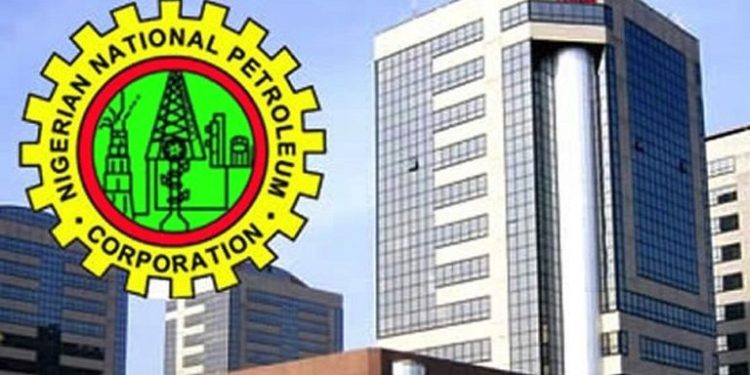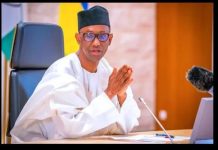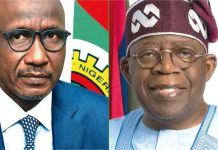Africa Press-Nigeria:
The Nigerian government stopped subsidising the price of premium motor spirit (PMS), popularly called petrol, because subsidy had over the years been a drain on public finances, the Group Managing Director of the Nigerian National Petroleum Corporation (NNPC), Mele Kyari, has again said.
Mr Kyari spoke on Tuesday at the opening ceremony of the African Refiners’ Association (ARA) Week 2020 held under the theme: “Towards Cleaner Fuels for Cleaner Air.”
The NNPC Chief delivered a keynote address to the meeting titled, “Vision for the Downstream Sector on the Continent”.
NEITI audits and fuel subsidies
The Nigerian Extractive Industries Transparency Initiative (NEITI) audit report revealed that between 2009 and 2011 alone, over N3 trillion was spent on fuel subsidy by the government.
Details of the report showed fuel subsidy payment increased by 71 per cent from N406 billion in 2009 to N695 billion in 2010, and by 174 per cent to N1. 9trillion in 2011.
For the corresponding period, the NEITI report said subsidy payments by the NNPC alone rose by 110 per cent, from N198 billion in 2009 to N416 billion in 2010, and 89 per cent to N695 billion in 2011.
The report said while the Office of the Accountant-General of the Federation said about N2.83 trillion was paid as fuel subsidy for the period, the Petroleum Products Pricing Agency (PPPRA), the government agency that monitors and regulates petroleum product prices, claimed about N3.002trillion was approved for payment to marketers and the NNPC.
The figures from both agencies showed a disparity of about N175.9 billion in the claims of payment for fuel subsidy for the period.
Also, in 2018, the NEITI audit said Nigeria’s payments on fuel subsidy rose by over 210 per cent from N722.3 million per day in March 2018 to N2.4 billion per day in May, amid rising fiscal deficits and growing debts.
Case for deregulation
Making a case for an end to fuel subsidy in the country, the NNPC GMD said the deregulation of the downstream sector of the oil and gas industry would ensure competition, increase investment in the refining business and facilitate exponential growth in the nation’s refining capacity.
Mr Kyari called for a deeper and more focused collaboration among downstream petroleum sector players across Africa, to provide solutions to the challenges posed by the supply of substandard fuels to consumers.







